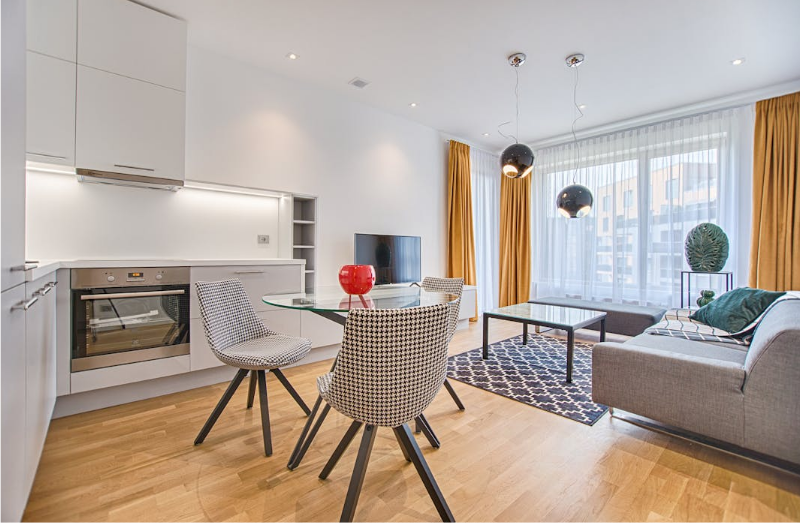Planning To Rent Out To Students: Here Is What You Need To Know
Students frequently look for affordable housing near their educational institutions, generating a constant demand for rental properties in these areas. Although students typically have limited incomes, they often enter into fixed-term leases, offering property owners reliable rental payments throughout the academic year.
Listed below are important things to know if you are planning to rent out to students:
Location Matters
One important factor to consider when renting to students is the property's location. Properties close to universities or colleges offer students convenient access to their classes and essential amenities. Therefore, if your property is near an educational institution, renting it to students can be highly profitable.
Property Type
Consider the types of properties that are suitable for students, such as apartments, townhouses, or single-family homes. Students typically prefer options with multiple bedrooms and shared living spaces.
Screening
When leasing property, it is crucial to screen tenants thoroughly. Important factors to consider include checking credit history, verifying income sources, and obtaining references from previous landlords or educational institutions. Additionally, setting clear rental criteria and conducting face-to-face interviews can help assess a student's suitability as a tenant. Exploring the possibility of having a cosigner, usually a parent, and conducting a credit check on the cosigner are additional options to consider.
Furnished vs. Unfurnished
Decide whether to offer the property furnished or unfurnished. Furnished units can be more appealing to students as they eliminate the need to buy furniture. However, keep in mind that furnished units may require more maintenance and upkeep compared to unfurnished ones.
Clear Lease Terms
Setting clear lease terms is crucial for ensuring a seamless rental experience. The lease agreement should outline the rent amount, payment schedule, lease duration, noise regulations, and property maintenance rules. Effectively communicating these terms promotes clarity, reducing the chances of misunderstandings or conflicts later on.
Rent Collection
Establishing a reliable rent collection system is crucial for maintaining consistent cash flow. Whether it's through online payments, direct deposits, or post-dated checks, implementing a streamlined rent collection process enhances financial stability and predictability.
Maintenance and Upkeep
It's essential to prioritize regular maintenance and care when renting to students. Given that students may not possess the same level of awareness regarding property upkeep, proactive maintenance can help prevent minor issues from turning into expensive repairs.
Community Regulations
Take the time to acquaint yourself with any community regulations or homeowner association rules that could affect renting to students. Certain neighborhoods or complexes might impose restrictions on rental properties or provide guidelines specific to student housing.
Insurance Considerations
Consult with your insurance provider to ensure that you have adequate coverage for renting to students. Understanding any coverage limitations or specific requirements is crucial for protecting your investment.
For more information about renting to students in Killeen, consult Hunter Rentals & Sales. We are located at 1503 W Stan Schlueter Loop, Killeen, TX 76549, United States. You can also call us at (254) 634-3311.







